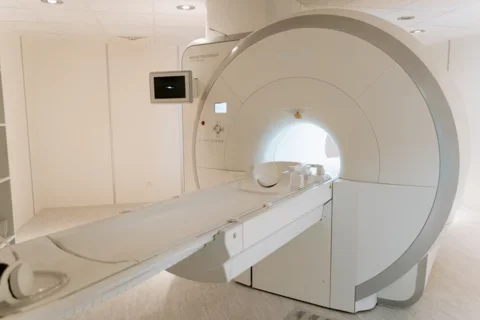Paid Animal Phobias Study
Do you or does someone you know experience fear of animals?

Fear-related disorders present a major challenge, as effective treatment options usually involve repeated exposures to feared stimuli, leading to high levels of distress, fear, andpanic that can motivate premature treatment termination. Consequently, there is an unmet need for treatment that minimizes subjective discomfort and attrition. This study investigates the efficacy of a novel method of neuro-reinforcement based on fMRI activity to reduce fear responses in individuals with phobias (e.g., spiders, snakes). This method works unconsciously in the brain, without the need for participants to endure repeated conscious exposures to their feared stimuli. Because the highlighted treatment method happens unconsciously in the brain, changes in behavior outcomes are potentially more likely to generalize to different contexts, thereby overcoming a limitation of traditional treatments.
We are recruiting English-speaking adults (ages 18-65) with a phobia of 2 or more animals who do not currently meet criteria for neurological disease or defect, Obsessive-Compulsive Disorder, Substance Use Disorder, Psychosis, or Bipolar Disorder. Also, these individuals must have normal or corrected to normal hearing and vision, and not meet criteria for fMRI contraindications.
Participants can expect 5-9 visits (between 6-12 hours total), most including fMRI scanning, with compensation ranging from $260 to $595, depending on scan time and bonuses received. In addition to scanning sessions, behavioral tasks and self-report questionnaires will be administered at various timepoints. There are no fees for participating and parking and travel expenses can be reimbursed up to $50 if requested.